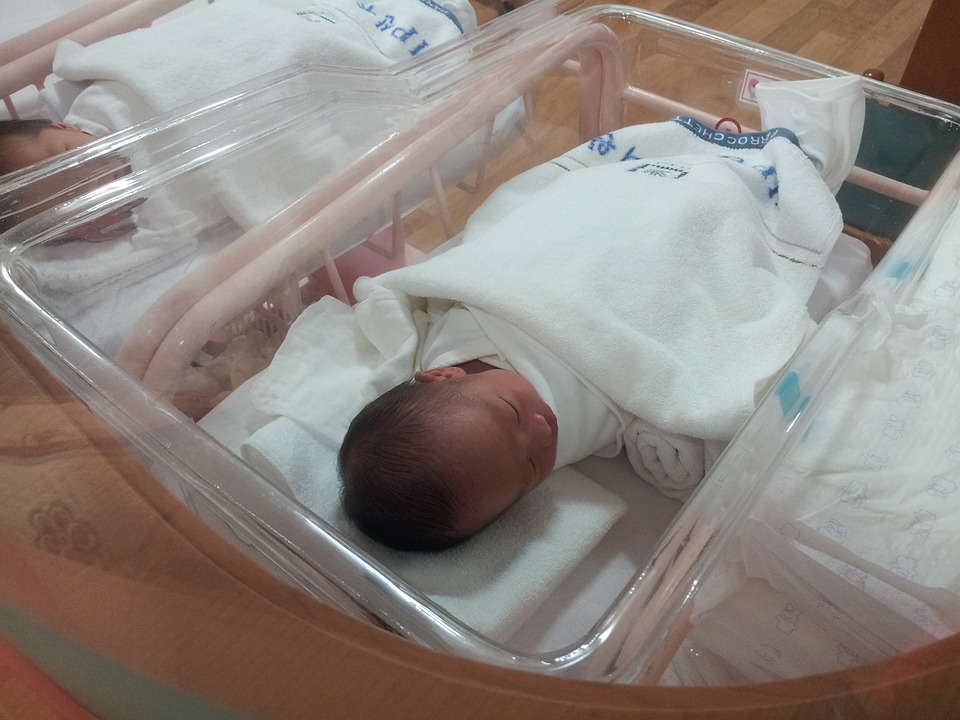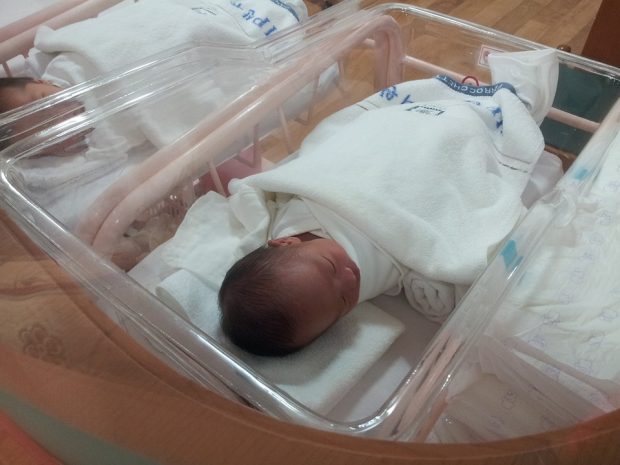
S. Korean childbirths down 6.2 pct in January
The number of newborns in South Korea fell 6.2 percent in January from a year earlier, government data showed Wednesday, a continuing sign of the low birthrate that has plagued Asia’s fourth-largest economy for more than a decade. The data compiled by Statistics Korea showed that 30,300 babies were born in January, compared with 32,300 babies tallied in the same month of 2018. It marks the lowest number of newborns reported for any January since 1981 when the statistics agency started compiling data on newborns on a monthly basis.
In 2018, South Korea’s total fertility rate — the average number of children a woman bears in her lifetime — hit a record low of 0.98, much lower than the replacement level of 2.1 that would keep South Korea’s population stable at 51 million. The number of newborns in South Korea came to 326,900 in 2018, a sharp decline from a record high of 1 million in 1970. Hong Nam-ki, the minister of economy and finance, said the government will set up a task force next month to come up with comprehensive measures to tackle demographic challenges. The decline in childbirths is blamed on a sharp fall in the number of marriages.
The number of people tying the knot came to 21,300 in January, the lowest for any first month of the year since 1981. The number of South Koreans getting married stood at 49,285 in January 1981, according to the statistics agency. Some young South Koreans are opting to distance themselves from life’s three major milestones — dating, marriage and having children — because they cannot find decent jobs amid a prolonged economic slowdown. Other factors are the high cost of private education for kids and skyrocketing real estate prices, as well as the difficulties women face in finding jobs after spending extended time away from work to raise children.
(Yonhap)



